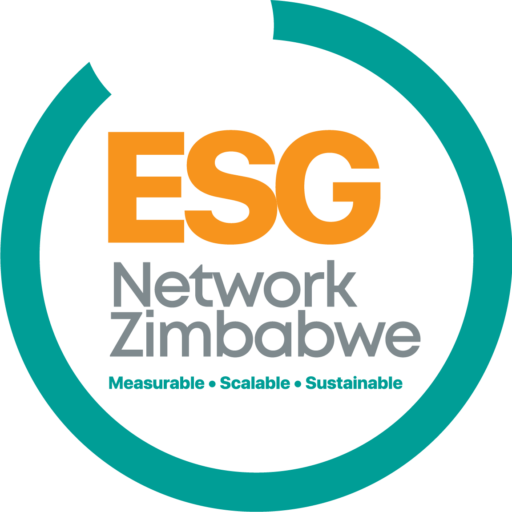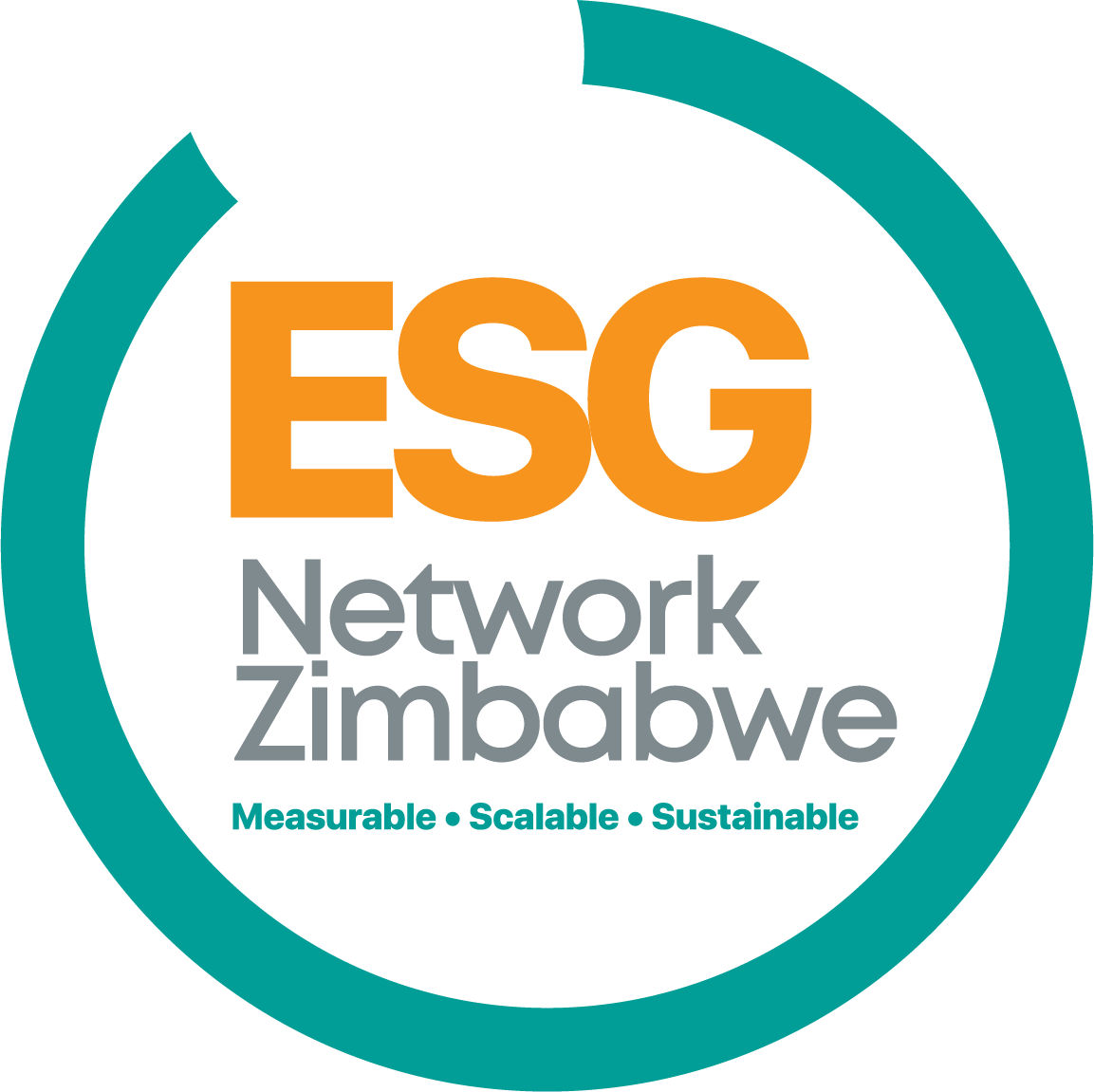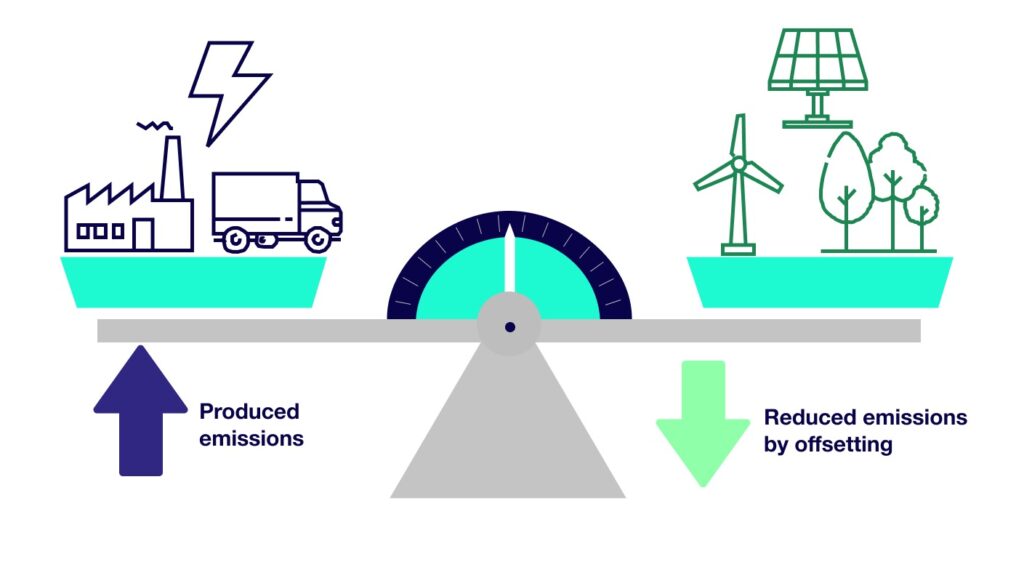Climate change is one of the most significant challenges of our time. As a responsible and responsive organisation, Econet Wireless have made a conscious decision to play a part in mitigating climate change by reducing our Greenhouse Gas (GHG) emissions. According to the United Nations Environment Programme’s Emissions Report for 2019, the world will not meet the Paris Agreement goals if global GHG emissions do not fall by 7.6% each year between 2020 and 2030.
In this decade of Ambition, our impact on climate change is a priority. Econet Wireless Zimbabwe has started working on setting its science-based climate change targets. However, achieving climate neutrality by 2050 will demand additional and long-lasting climate mitigation strategies.
As a business, we acknowledge that we have contributed to the problem of climate change through the use of fossil fuels, which release GHG emissions into the atmosphere and cause increased global warming.
Reducing Econet’s carbon footprint and moving towards carbon neutrality will be promoted through the installation of solar power on base stations and electrifying office sites and major switching centres with solar systems. In addition, effective Greenhouse Gas Management will be achieved through setting targets, which will be used as a planning tool to drive GHG reductions, raise internal awareness on the risks and opportunities presented by climate change and ensure the issue is on the business agenda. Implementation of Greenhouse Gas targets at Econet will result in cost savings by bringing improvements in process innovation and resource efficiency.
Econet is currently setting science-based targets to achieve a 50% reduction in absolute emissions (tCO2e) for scope 1, 2 and 3 by 2030.
Green and Sustainable Supply Chains
At On-boarding, Econet has adopted supplier environmental and social assessment to evaluate our suppliers on their environmental and social impacts. Our strategy is to assess suppliers for their environmental impacts in their business operations and communities in which they operate. Supplier environmental assessments result in the business managing indirect scope 3 emissions from our supply chain. Our Supplier Environmental Assessments helps us screen our suppliers so we measure and disclose our full environmental impact in our supply chain and avoid inheriting negative environmental impacts from our suppliers.
Employee Commute – Agile Work and Telecommuting
The COVID-19 pandemic introduced remote working across the globe. Econet transitioned to remote working for most of its staff. The business introduced agile working and telecommuting which resulted in the business implementing a work-from-home policy. During the pandemic, +90% of our staff worked from home. The agile work and telecommuting arrangement resulted on average in reduced indirect scope 3 greenhouse gas emissions from employee commute.
Energy Management
Our goal is to become a sustainable and leading digital services provider. However, this goal cannot be achieved without clean and sustainable energy. At Econet, energy management is a material issue. The business is working on cutting down on operational costs and reduce greenhouse gas emissions through enhanced energy efficiency initiatives. Econet’s focus, working with its partner Distributed Power Technologies, is to ensure sustainable energy solutions are implemented within the business operations. In addition, the provision of green energy is a priority for our clients. Sustainable and clean energy is in line with Sustainable Development Goal 7 on Affordable and Clean Energy.
The business is committed to utilising and providing green energy, ultimately reducing the use of non-renewable resources which have a negative impact on our carbon footprint. By adopting energy-efficient equipment and devices, Econet can significantly reduce the daily energy used and the related costs at all its facilities, especially at its Msasa HQ, Econet shops, Main Switching Centres, and BSC sites. This adoption of clean renewable energy sources will ease the demand for utility grid electricity (ZESA) thereby indirectly reducing pressure on electricity from Kariba, Hwange and the small thermals. This initiative to adopt clean renewable energy further reduces our contribution to indirect Scope 2 Emissions. Reducing Econet’s Energy use not only cuts costs on energy bills but also decreases the environmental burden for which the company is responsible. Installing energy-efficient lighting, using energy-efficient appliances, or switching to energy-efficient cooking at canteens, are some of the initiatives the business should adopt to reduce energy consumption.
Generator Emissions
In our efforts to reduce the environmental impact of air pollution we regularly monitor our generator emissions to ensure we implement controls to reduce air pollution. We are compliant with the Environmental Management Act CAP (20:27) (Atmospheric Pollution Control Regulations S.I 72 of 2009) regulated by the Environmental Management Agency. The business monitors greenhouse gas emissions from our generators on an annual basis.
Waste Management
The Econet Wireless Integrated Waste Management business approach includes Reduce, Reuse, Recycling and Dispose. Our goal is to move towards a more circular approach in our waste management strategy.
Our agile work and telecommuting accelerated the digital transition for our staff during this pandemic period. This reduced paper usage and printing costs. Reduction in paper usage through reduced usage of recharge cards and going digital is part of the initiatives we are implementing as a business to reduce our carbon footprint and become more carbon neutral. Using paper results in lots of trees being cut down. Trees act as our carbon sinks and help to offset our emissions as a business. Looking ahead, the business is planning tree planting initiatives to increase our carbon sinks and enhance our climate change mitigation strategies.
A key enabler is to continue to ensure that environmental, social and governance (ESG) practices lie at the core of our business. It is with this in mind that our sustainability vision is clear – it is to create shared value for our stakeholders through responsible ESG practices.
#NetZero #ClimateNeutral #EnergyEfficiency #SustainableDevelopmentGoals





